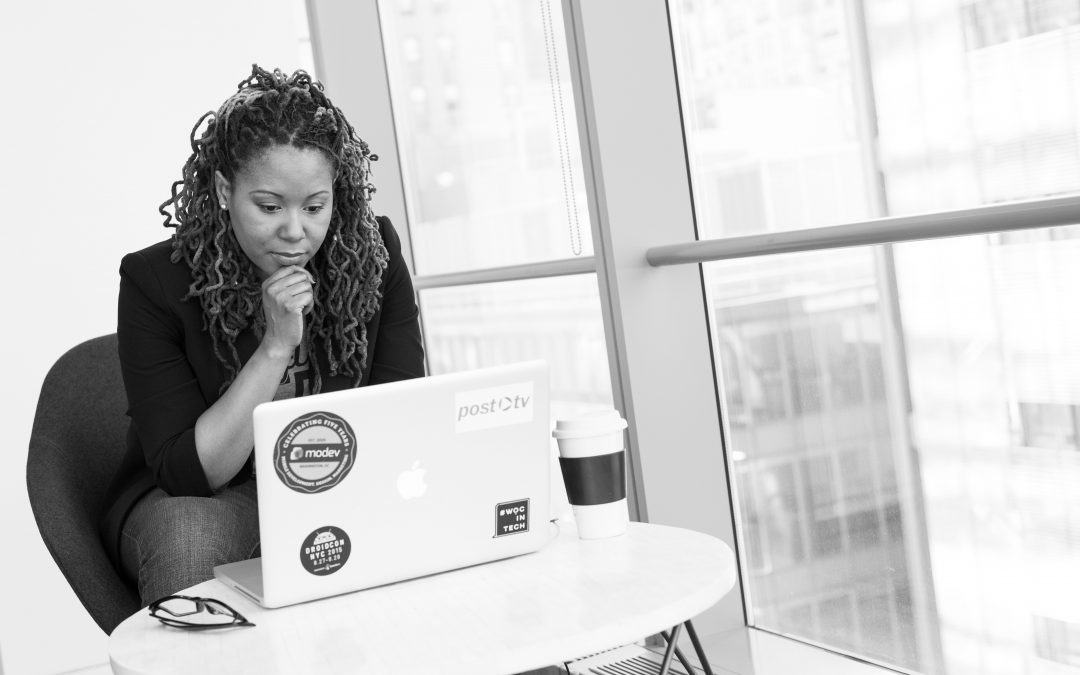I had the chance to speak to a group of high school students last week.
They’re taking financial literacy and I went as a guest speaker to focus on the risks and rewards of entrepreneurship.
I asked what I thought was a simple question. “What are you passionate about? What’s the most fun thing you do?” And was met with crickets.
Finally, a couple of brave kids spoke up, surrounded by their peers, and offered answers such as macaroons and ducks.
The student who said macaroons talked about how much she loves them but there aren’t many local places to buy them.
The student who said ducks could argue what he loved about them – they swim, fly, and walk; the ultimate animal. But he hadn’t a clue how that could translate into a business.
We had a lot of fun coming up with ideas.
Whether or not either student goes on to start their own business wasn’t the point, really.
I was asking them to consider questions no one had ever asked them.
What we tend to ask our 16 and 17 year olds is “What’s next? College? Trade school? A job?”
So, for kids, they aren’t asking themselves anything else. They’re just fielding the same questions over and over again.
What occurred to me while I was standing up there, looking at a bunch of blank faces, was that we – adults, entrepreneurs – are experiencing the same thing.
We are asking or reflecting on the questions that are obvious and common instead of looking for new questions and therefore new answers.
When we continue to ask the same questions repeatedly or only consider the common questions that have been offered to us by society, family, peer groups, our industry, our thinking doesn’t expand.
If our thinking doesn’t expand, neither do we.
Nothing will change for us if we don’t start looking for and asking new questions.
Now, people will say, “How do I ask questions I don’t know when I don’t know them?”
Well, if we think of what we already know, then we can consider what’s left.
For example, if we know how we feel when we don’t have the money coming in, perhaps the new question is how might we feel when the money does?
Another example, if we have an idea for a new direction to take our business, instead of recognizing all that we don’t know, perhaps ask ourselves what we DO know and how that helps move us forward and what gaps are left to fill.
We are intelligent and motivated people. Saying “I don’t know what to ask,” is a cop-out.
Let’s find what we don’t know.
If we don’t start challenging the things we’ve already been asked (or taught), we won’t get to a place where anything will ever be different.
New questions = new results.
Here’s the 3-2-1 on asking yourself new questions.
3 TRUTHS
- Anytime a question comes to us that we don’t have an answer to is the exact question we should be exploring. Not knowing is the disruptor we need to start exploring something new.
- The world needs new ideas and innovation on things that aren’t working. Unique solutions to problems we face will require new thinking. And new thinking always begins with a new question (‘What if?’).
- Without new questions, there is no challenging the beliefs and stories we’ve been living by. Which means we keep living the same way we always have and breeding the same results.
2 ACTIONS
- Consider a recent business idea, goal, or initiative. Identify all the things you do know.
- Using the same idea, write down all the things you don’t know. Begin to answer those questions.
1 QUESTION
- What am I not asking myself?
This money conversation continues on YouTube. Check out What’s Really Stopping You? and make sure to subscribe while you’re there.
To your impact and legacy,


